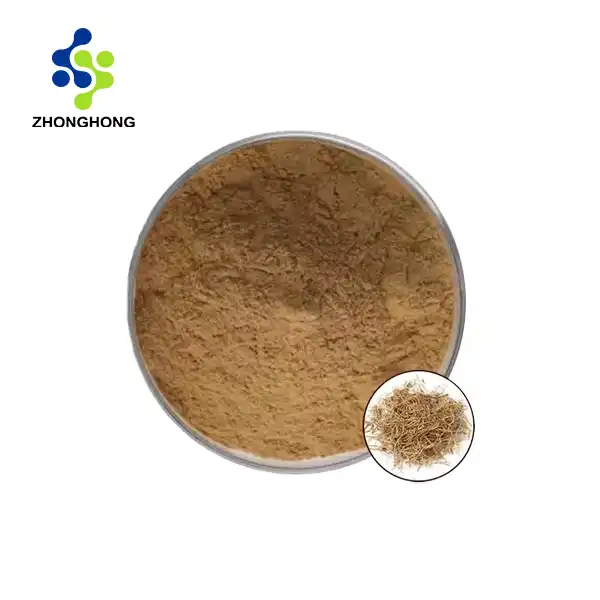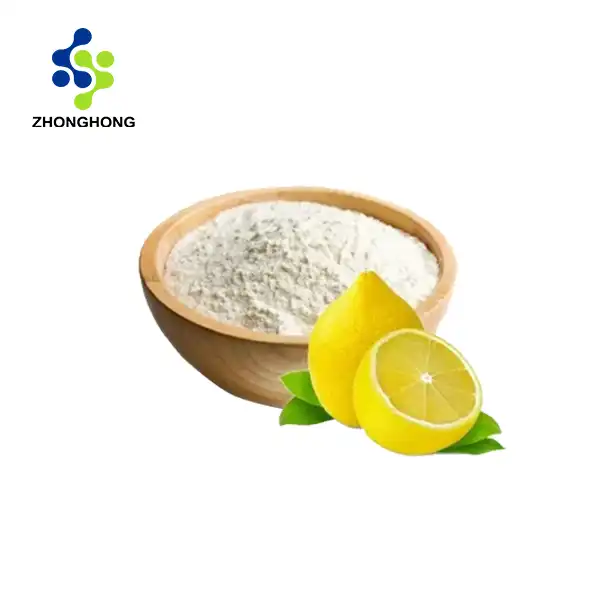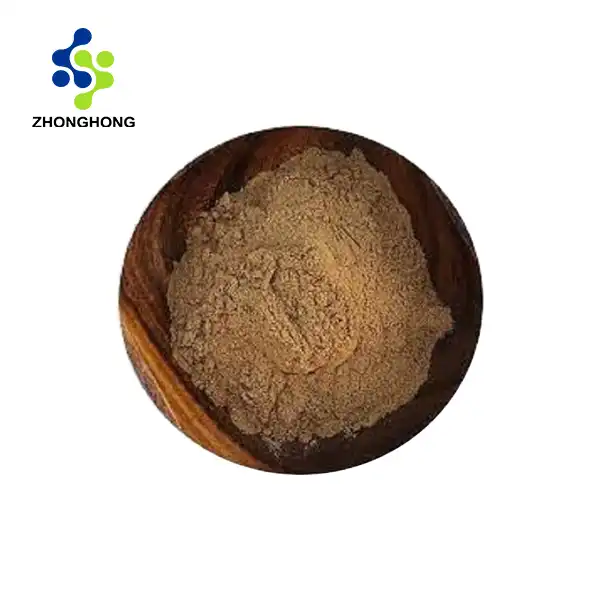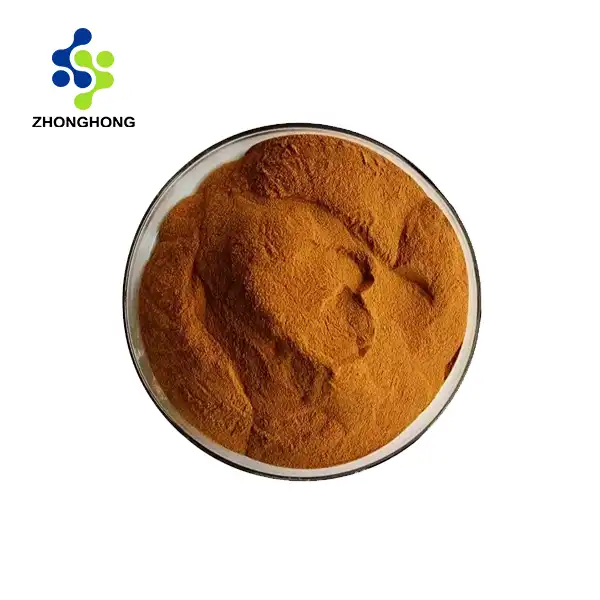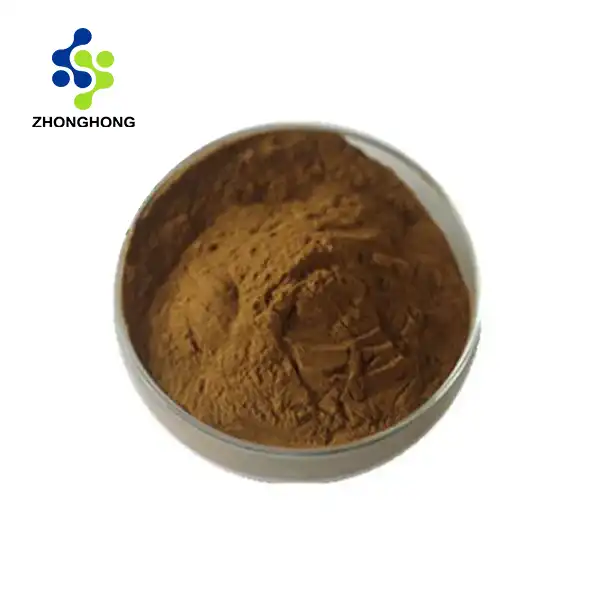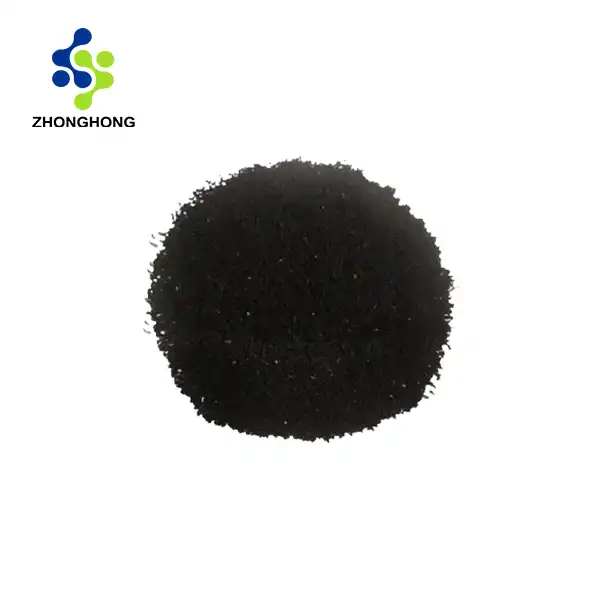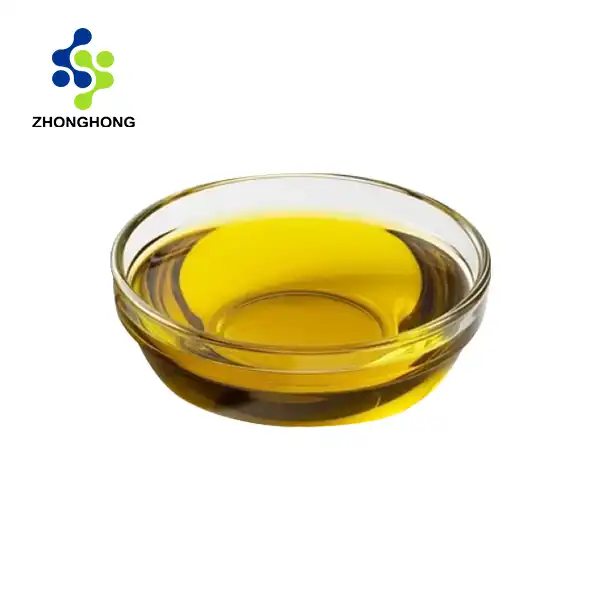Rhodiola Rosea: Benefits and Uses
2024-12-11 22:11:00
Rhodiola rosea, also known as "golden root" or "arctic root," is a powerful adaptogenic herb that has been used for centuries in traditional medicine. This remarkable plant, native to cold regions of Europe and Asia, has gained significant attention in recent years for its potential health benefits. In this comprehensive guide, we'll explore the numerous advantages of Rhodiola rosea, from its stress-relieving properties to its potential cognitive enhancements. We'll also delve into the scientific studies supporting its efficacy and provide practical advice on how to incorporate this natural supplement into your wellness routine. Whether you're looking to boost your energy levels, improve mental clarity, or enhance your body's resilience to stress, Rhodiola rosea might just be the natural solution you've been searching for.
Top Health Benefits of Rhodiola Rosea
Stress Reduction and Adaptogenic Properties
Rhodiola rosea is renowned for its adaptogenic properties, which help the body adapt to and resist various stressors. This remarkable herb works by modulating the body's stress response system, particularly the hypothalamic-pituitary-adrenal (HPA) axis. By regulating cortisol levels, Rhodiola rosea can help mitigate the negative effects of chronic stress on both physical and mental health. Users often report feeling more balanced, resilient, and better equipped to handle life's challenges after incorporating Rhodiola rosea into their daily regimen.
Enhanced Cognitive Function and Mental Performance
One of the most sought-after benefits of Rhodiola rosea is its potential to improve cognitive function and mental performance. This herb has been shown to enhance memory, concentration, and overall mental clarity. The active compounds in Rhodiola rosea, particularly salidroside and rosavin, are believed to stimulate neurotransmitter activity in the brain, leading to improved cognitive processing and mental acuity. Many individuals turn to Rhodiola rosea as a natural alternative to caffeine for sustained mental energy and focus without the jitters or crash associated with stimulants.
 Increased Energy and Physical Performance
Increased Energy and Physical Performance
Athletes and fitness enthusiasts have long appreciated Rhodiola rosea for its ability to boost energy levels and enhance physical performance. This adaptogenic herb has been shown to increase exercise capacity, reduce fatigue, and improve recovery times. By optimizing the body's use of oxygen and enhancing cellular energy production, Rhodiola rosea can help individuals push their physical limits and achieve better results in their workouts. Moreover, its anti-fatigue properties make it an excellent choice for those looking to combat everyday exhaustion and boost overall vitality.
How to Use Rhodiola Rosea for Stress Relief?
Optimal Dosage and Timing
When it comes to using Rhodiola rosea for stress relief, finding the right dosage and timing is crucial for maximizing its benefits. Generally, the recommended dosage ranges from 200 to 600 mg per day, depending on the individual's needs and the specific product's concentration. It's often suggested to start with a lower dose and gradually increase it as needed. For optimal results, many experts recommend taking Rhodiola rosea in the morning or early afternoon, as its energizing effects may interfere with sleep if taken too close to bedtime. Consistency is key, so aim to incorporate it into your daily routine for the best long-term benefits.
Combining Rhodiola Rosea with Other Stress-Relief Techniques
While Rhodiola rosea can be highly effective on its own, combining it with other stress-relief techniques can amplify its benefits. Consider incorporating mindfulness practices such as meditation or deep breathing exercises alongside your Rhodiola rosea regimen. Regular physical exercise, particularly activities like yoga or tai chi, can complement the herb's stress-reducing properties. Additionally, maintaining a balanced diet rich in whole foods and staying well-hydrated can support your body's overall stress response. By creating a holistic approach to stress management that includes Rhodiola rosea, you're more likely to experience comprehensive and lasting relief from the pressures of daily life.
Potential Side Effects and Precautions
Although Rhodiola rosea is generally considered safe for most people, it's important to be aware of potential side effects and take necessary precautions. Some individuals may experience mild side effects such as dizziness, dry mouth, or mild digestive discomfort when first starting to use the herb. These symptoms usually subside as the body adjusts. It's advisable to consult with a healthcare professional before adding Rhodiola rosea to your routine, especially if you have pre-existing medical conditions or are taking medications. Pregnant or breastfeeding women should exercise caution and seek medical advice before using Rhodiola rosea. As with any supplement, it's crucial to source high-quality products from reputable manufacturers to ensure purity and potency.
Scientific Studies on Rhodiola Rosea
Clinical Trials and Their Findings
Numerous clinical trials have been conducted to evaluate the efficacy of Rhodiola rosea extract in various health applications. A notable study published in the Journal of Alternative and Complementary Medicine examined the effects of Rhodiola rosea on stress-related fatigue. The double-blind, placebo-controlled trial involved 60 individuals with stress-related fatigue. Results showed significant improvements in symptoms of fatigue, depression, and attention in the group receiving Rhodiola rosea compared to the placebo group. Another study, published in Phytomedicine, investigated the impact of Rhodiola rosea on mental performance under stress. The findings indicated that subjects who received Rhodiola rosea demonstrated enhanced cognitive function and reduced mental fatigue during stressful tasks.
Mechanisms of Action
Research into the mechanisms of action of Rhodiola rosea has revealed several pathways through which this herb exerts its beneficial effects. One key mechanism involves the modulation of neurotransmitters in the brain. Studies have shown that Rhodiola rosea can influence the levels of serotonin, dopamine, and norepinephrine, which play crucial roles in mood regulation and cognitive function. Additionally, Rhodiola rosea has been found to have neuroprotective properties, potentially shielding brain cells from oxidative stress and inflammation. At the cellular level, this adaptogenic herb appears to enhance the production of ATP, the body's primary energy currency, which may explain its fatigue-fighting and performance-enhancing effects.
Future Research Directions
While the existing research on Rhodiola rosea is promising, there are still many avenues for future investigation. Scientists are particularly interested in exploring the long-term effects of Rhodiola rosea supplementation on overall health and longevity. There's also growing interest in studying how Rhodiola rosea might interact with other adaptogenic herbs or conventional medications to potentially enhance their effects. Furthermore, researchers are looking into the potential applications of Rhodiola rosea in specific populations, such as athletes, students, and individuals with chronic stress-related conditions. As our understanding of the human stress response continues to evolve, Rhodiola rosea remains a fascinating subject for ongoing scientific inquiry, with the potential to unlock new strategies for promoting health and well-being in our increasingly stressful world.
Conclusion
Rhodiola rosea stands out as a versatile and potent natural supplement with a wide range of potential health benefits. From stress reduction and cognitive enhancement to improved physical performance, this adaptogenic herb offers promising solutions for many common health concerns. As research continues to unveil its mechanisms and applications, Rhodiola rosea is likely to play an increasingly significant role in natural health and wellness strategies. If you want to get more information about this product, you can contact us at liaodaohai@gmail.com.
References
1. Brown, R. P., Gerbarg, P. L., & Ramazanov, Z. (2002). Rhodiola rosea: A phytomedicinal overview. HerbalGram, 56, 40-52.
2. Panossian, A., Wikman, G., & Sarris, J. (2010). Rosenroot (Rhodiola rosea): Traditional use, chemical composition, pharmacology and clinical efficacy. Phytomedicine, 17(7), 481-493.
3. Olsson, E. M., von Schéele, B., & Panossian, A. G. (2009). A randomised, double-blind, placebo-controlled, parallel-group study of the standardised extract shr-5 of the roots of Rhodiola rosea in the treatment of subjects with stress-related fatigue. Planta Medica, 75(2), 105-112.
4. Darbinyan, V., Kteyan, A., Panossian, A., Gabrielian, E., Wikman, G., & Wagner, H. (2000). Rhodiola rosea in stress induced fatigue—a double blind cross-over study of a standardized extract SHR-5 with a repeated low-dose regimen on the mental performance of healthy physicians during night duty. Phytomedicine, 7(5), 365-371.
5. Kelly, G. S. (2001). Rhodiola rosea: A possible plant adaptogen. Alternative Medicine Review, 6(3), 293-302.
6. Ishaque, S., Shamseer, L., Bukutu, C., & Vohra, S. (2012). Rhodiola rosea for physical and mental fatigue: a systematic review. BMC Complementary and Alternative Medicine, 12(1), 70.
_1728976869676.webp)
